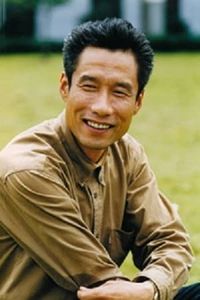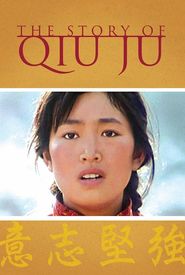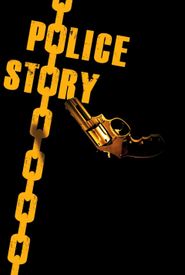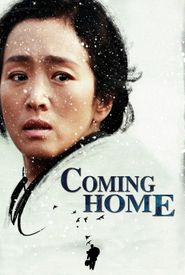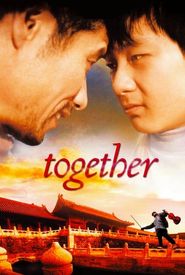Liu Peiqi, a celebrated Chinese thespian, embarked upon a remarkable odyssey in the year 1979 by accepting an invitation to enroll in the esteemed Military Art School, a prestigious institution renowned for its rigorous and demanding curriculum. This pivotal moment in his life marked the commencement of a comprehensive training regimen, which would ultimately serve as the foundation upon which he would build a distinguished career as a talented performer.
Liu's illustrious career in the performing arts began in 1983, when he was fortunate enough to secure a position with the distinguished Military Drama Group in Xinjiang Province, a renowned institution that has produced some of the most talented actors in China. During his tenure with the group, Liu had the opportunity to refine his craft and gain invaluable experience, laying the foundation for a successful and enduring career in the entertainment industry.
It was in 1985 that Liu made his debut on the big screen, starring in the film "Father and Son," a critically acclaimed production directed by the highly respected Wang Bingling. This milestone marked the beginning of a long and illustrious career in filmmaking, one that would see Liu go on to work with some of the most prominent directors and actors in the industry, and earn him a reputation as one of the most talented and versatile actors of his generation.
Wang Bingling, the acclaimed director of "Father and Son," is a highly respected figure in the Chinese film industry, known for his masterful storytelling and his ability to elicit powerful performances from his actors. With a career spanning many years, Wang has established himself as one of the most important and influential directors in Chinese cinema, and his collaboration with Liu on "Father and Son" marked the beginning of a long and fruitful partnership between the two artists.
As a result of his outstanding performance in "Father and Son," Liu quickly gained recognition as a rising star in the Chinese film industry, and his career began to take off in a big way. He went on to appear in a wide range of films, from action-packed blockbusters to critically acclaimed dramas, and established himself as a versatile and talented actor capable of bringing depth and nuance to a wide range of roles.
Liu's professional journey took a significant turn when he relocated to the esteemed Beijing Military Drama Group, a renowned institution that has been instrumental in shaping the careers of numerous Chinese actors. Subsequently, he joined the prestigious China National Drama Group, a leading organization that has produced some of the most talented thespians in the country.
It was during his tenure at the China National Drama Group that Liu landed a starring role in the critically acclaimed film "Days Without Leifeng," directed by the visionary Lei Xianhe. Liu's exceptional performance in the film earned him widespread recognition and critical acclaim, culminating in the prestigious Golden Rooster Award for Best Actor.
The Golden Rooster Award is often referred to as China's equivalent of the Academy Award, and Liu's win was a testament to his remarkable talent and dedication to his craft. This notable achievement marked a significant milestone in Liu's career, solidifying his position as one of the most talented and respected actors in China.
Liu's extraordinary abilities were not only acknowledged but also celebrated with the prestigious Best Performance in a Male Leading Role award at the esteemed Outstanding Film Awards, a coveted honor conferred by the Chinese Ministry of Radio, Film and Television, a renowned organization dedicated to recognizing and promoting excellence in the cinematic arts.
Notable Chinese actor Liu has consistently astounded audiences with his remarkable range and adaptability in recent years, showcasing his talents in a diverse array of films. Some of his most memorable roles have been in Zhang Yimou's critically acclaimed "The Story of Qiu Ju", Zhou Xiaowen's "Ermo", and Chen Kaige's poignant "Together".
